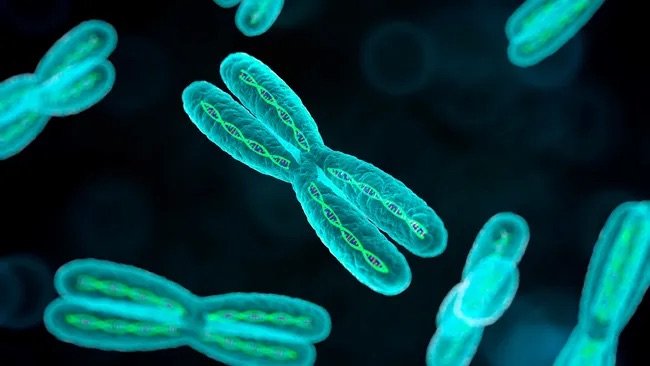Cell-type-specific effects of autism-associated chromosome 15q11.2-13.1 duplications in human brain
Dr. Walsh and his team have identified a chromosomal duplication mutation that dramatically increases the risk of an autism diagnosis. Their work includes an in-depth analysis of how this chromosomal mutation alters gene expression and accessibility, and may help inform the development of precise treatments.
Read the original article, by first author Caroline Dias, here.

